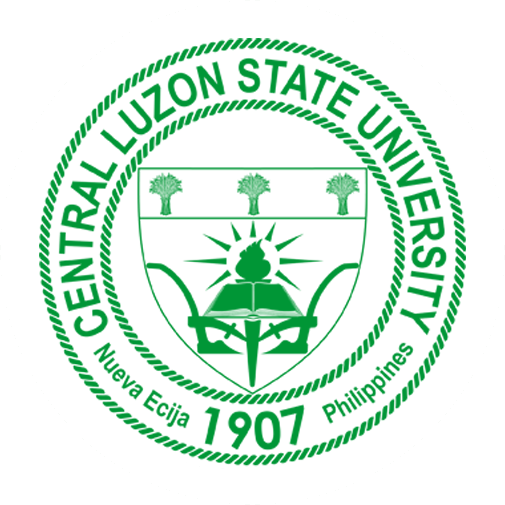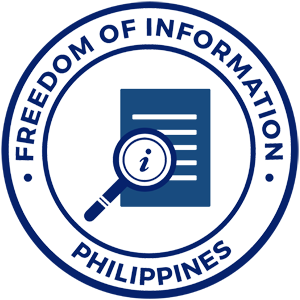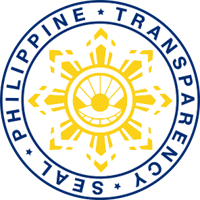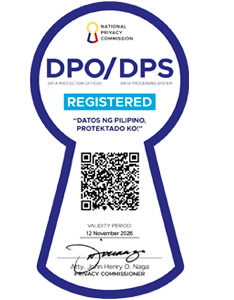TOWARDS SUSTAINABILITY
The Central Luzon State University believes that its effectiveness as an institution of higher learning can be measured partly through its contribution to and impact on the environmental consciousness of the peoples it serves.
Part of its mission is to generate, disseminate, and apply knowledge and technologies for environmental protection, and sustainable development. It is committed to enhance its positive impacts while working toward the reduction of its negative impacts on the environment.
SUSTAINABLE CAMPUS
- Currently, the two major initiatives to promote sustainability in the campus include an environmental education program designed to heighten the environmental awareness of students and a solid waste management project whose ultimate goal is to reduce the amount of soil waste generated in the campus. A study of the carbon footprint of the university, which will serve as a basis for plans to reduce greenhouse gas emissions, is being considered.
GREENING THE CURRICULUM
- Included in the university's comprehensive environmental management plan is an environmental education program that aims to green the different curricular programs. Spearheaded by the Department of Environmental Science, the Greening the Curriculum component of the plan is accomplished through the Science, Technology and Society (STS) course, a mandatory general education subject.
- Aside from including discussion on the seven environmental principles in the syllabus, the environmental awareness of the students is also heightened through discussion of topics that are particularly relevant to the university. These include:
- Littering. — Incorporated in the syllabus for the STS course is a topic on littering in the campus. Students are presented with information on littering in the campus, which were collected by the CLSU Association of Future Environmental Scientists. They are then guided in performing an activity where they learn about the littering situation in the campus while at same time helping in maintaining cleanliness by collecting and disposing litter around them. For more information, please contact Dr. Sharon E. Lazaro, Department Chair.
- Biodiversity. — The importance of conserving biodiversity is discussed together with the fauna of CLSU. Funded by the CLSU Academic Research Council (ARC), the research project led by a faculty member of the Department of Environmental Science carried our an assessment of the animal diversity in the university. Some of the findings of the research team, including the pictures of some of the animal species that can be seen the campus, are shared to the students, who are encouraged to act responsibly to help in preserving the biodiversity in the university. For more information, please contact Ms. Diane Shiela C. Castillo, Project Leader.
SOLID WASTE QUANTIFICATION AND CHARACTERIZATION
- The Department of Environmental Science is carrying out a study on the solid waste generation in the campus. The study aims to quantify and characterize the wastes generated in the university.
- Through the funding provided by the ARC for the initial phase of the study, the solid waste generation in the academic buildings, offices, other institutions, dormitories and households was quantified and characterized. The study on the solid waste generation in business establishments in being carried out.
- The findings from the study may serve as basis for the development of strategies for better management of the wastes as well as options for the reduction of wastes.
SUSTAINABILITY RESEARCH
- The university is engaged in research activities designed to attain sustainable development. In particular, researchers in the university are investigating how to transform waste into resources.
- Funded by the DOST-PCIEERD, the program “Fishery By-products Processing for Application in Food Formulation Towards Commercialization and Zero-Waste Fisheries Industry” aims to extract or develop industrially useful products including collagen, gelatin, fish oil, proteases and hydrolysates, from the wastes generated by the fish processing industry.
ENERGY CONSERVATION PROGRAM

To promote energy efficiency and sustainability, the CLSU in partnership with First Gen Energy Solution Inc. and PI Energy Inc. signed a Memorandum of Agreement (MOA) on the installation of a Solar Photovoltaic (PV) System and a Smart Campus Microgrid System in 2019.
The solar power sites are installed in the eight buildings namely: CLSU ICT Research and Development Training Center (CLIRDEC), College of Home Science and Industry (CHSI) Culinary Arts, CLSU Auditorium, FPJ Communication Hall, Library of the College of Agriculture, Multi-purpose Hall, Ramon Magsaysay-Center for Agricultural Resources and Environmental Studies (RM-CARES), and Agriculture and Food Technology Business Incubator (AFTBI).
Through these solar panels, the University was able to save up to Php500,000 in 2021 from the solar power energy generated amounting to 87.1MWh from October to December.
For more information, click here.
SOLAR POWER SITES
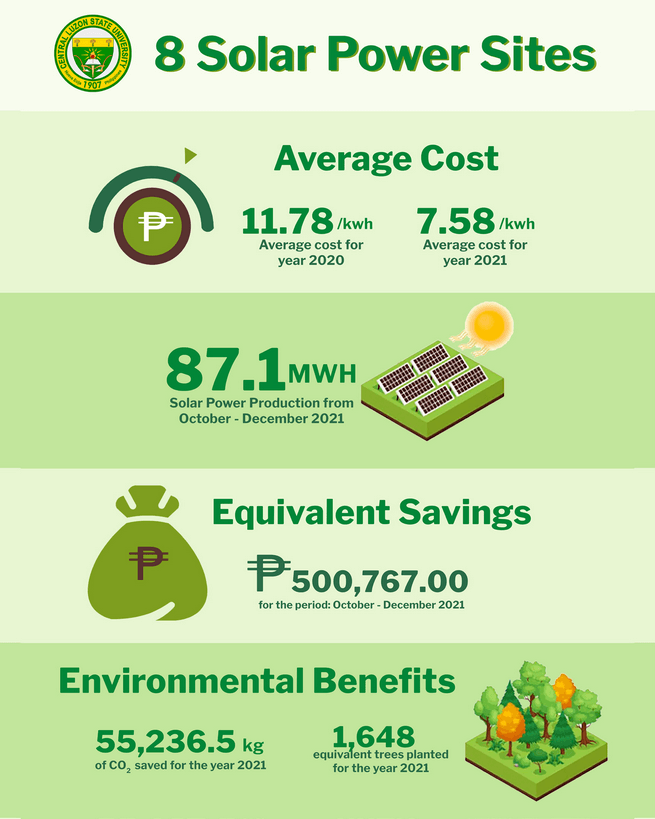 CLSU 8 Solar Power Sites
CLSU 8 Solar Power Sites
WATER MANAGEMENT PROGRAM

CLSU is a green university that has a rich biodiversity. It advocates protecting and conserving natural resources such as water, sand, and soil among others.
To protect the natural water cycle in the University, the CLSU crafted Resolution No. 30-2022 which entails the Guidelines on Water Sensitive Waste Disposal which is strictly implemented to the whole CLSU Community.
These guidelines underscore the University’s thrust to educate every member of the community on how to conserve and protect the quality and quantity of water resources.
Click here for more information.
WASTE MANAGEMENT PROGRAM

As part of the holistic campaign on environment management, the university passed Resolution No. 72-2017 entitled CLSU Community-Based and Integrated Environmental Management Program (CBIEMP) and Its Implementing Rules and Regulations wherein it covers the conservation and recovery of resources by systemizing the control and handling of waste for sanitary retrieval and safe disposal through waste avoidance, reduction, composition, recycling, re-use and appropriate processing of residuals.
Click here for more information.
TRANSPORTATION IN THE UNIVERSITY

GUIDELINES FOR THE OPERATION OF UNIVERSITY TRANSPORT SYSTEM (UTS)
Tricycle is the primary means of transportation for CLSU students, faculty, and staff. With the vast space of Central Luzon State University (CLSU), about 100 tricycles are roaming and running in the area to bring CLSUans to the different destinations inside the campus.
With the changing needs in the industry, Resolution No. 7-2023 was crafted to amend and update the Guidelines for University Transport Services to protect the welfare of the university, and the CLSU community.
Click here for more information.
